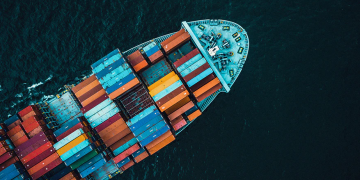Bulk carriers scrapping surges 219% in H1
150 bulk carriers were scrapped A total of 150 bulk carriers were scrapped in the first-half of this year, a surge of 219% over the same period of last year, analyst Golden Destiny reported. The total volume of bulker carriers sent for demolition amounted to 11,473,976 dwt in the first-half compared to 1,875,333 in the previous year's six-month period.The scrapping business in the second-quarter rose by 38% quarter-on-quarter to 87 vessels representing 7,266,359 dwt, the analyst report said. The "depressing levels of capesize earnings have urged many owners towards the disposal of vintage tonnage", the report mentioned. Average time charter capesize earnings are hovering around $13,000 a day in contrast with July 2009 levels of around $60,000 a day.Since the start of this year, 47 capesizes were estimated to have been sent for scrap compared to only five at a similar period in 2010 and nine in 2009, the report added."The large appetite for the scrapping of larger size units in the bulk carrier segment is expected to persist till the end of the year as the outlook in the capesize segment remains negative due to oversupply issues and fluctuations in Chinese iron ore demand," it said.Overall, the first-half of ...
Read more





















































